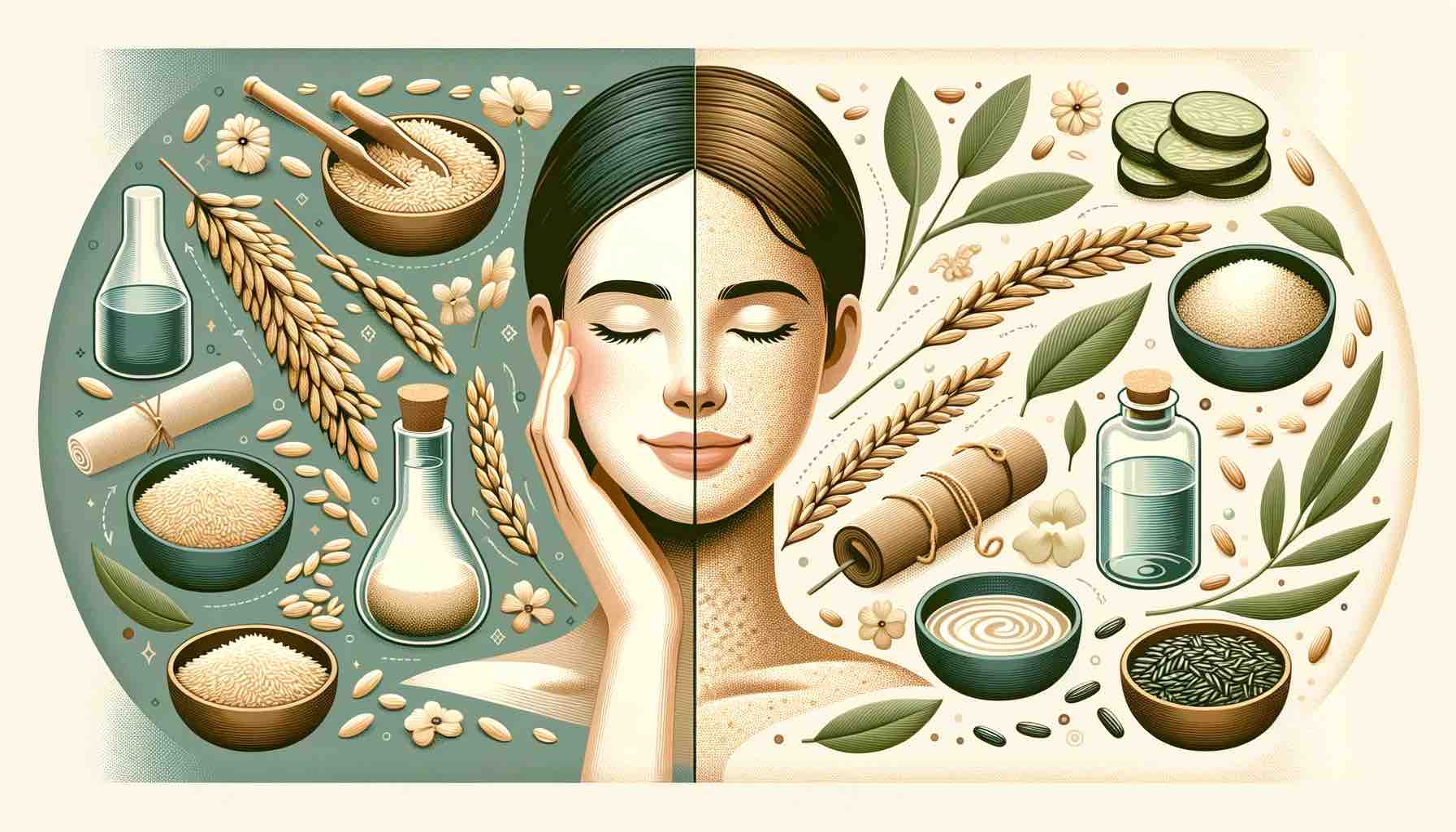
Introduction:
Hello and welcome back to our Women’s Wellness series, where we explore natural and empowering ways to navigate the complexities of our bodies. Today, we’re shining a light on a group of unsung heroes in the battle against Premenstrual Syndrome (PMS) – the B vitamins. These vital nutrients play a pivotal role in our overall health, but their influence extends deeply into how we experience and manage the ebbs and flows of our menstrual cycle.
In the life of a woman, PMS can often feel like an unwelcome visitor that disrupts our daily routine, mood, and physical well-being. From the mood swings that challenge our emotional stability to the physical discomfort that can halt our day, PMS is a multifaceted adversary. But what if we told you that the key to unlocking a more comfortable premenstrual phase lies within the realm of nutrition, specifically through the power of B vitamins?
This post is dedicated to unraveling the mysteries of these essential nutrients, understanding their unique roles, and exploring how they collectively work to alleviate the diverse symptoms of PMS. We’ll delve into the science behind each B vitamin – from B1 to B12 – and uncover how they contribute not just to our overall health but specifically to easing those monthly challenges that many of us face.
Join us as we embark on this journey of discovery, finding natural and effective ways to support our bodies and minds during that time of the month. Let’s empower ourselves with knowledge and transform our approach to PMS from one of endurance to one of wellness and balance.
Exploring the B Vitamin Family and PMS Relief
The Vital Role of B Vitamins in Our Body:
As we navigate the ups and downs of our menstrual cycle, understanding the role of B vitamins is like unlocking a secret wellness toolkit. These essential nutrients, often working behind the scenes, are crucial for a myriad of bodily functions, from energy production to nerve function, and importantly, they play a significant role in regulating our hormonal and emotional balance.
Vitamin B6: The Mood Stabilizer
Vitamin B6, known for its influence on neurotransmitter synthesis, is a superstar when it comes to managing mood-related PMS symptoms. By aiding in the production of serotonin, the “feel-good” neurotransmitter, B6 can help stabilize mood swings and alleviate feelings of depression and irritability that often accompany PMS.
Thiamine (B1): The Energy Booster
When fatigue strikes during the premenstrual phase, thiamine steps up. This vitamin is pivotal in converting food into much-needed energy, making it a key player in combating the lethargy and tiredness that many women experience.
Niacin (B3): The Circulation Enhancer
Niacin’s contribution to PMS relief might be less direct but no less important. Its role in improving blood flow can offer relief from headaches and cramps, providing a sense of physical ease during a typically uncomfortable time.
Folate (B9) and Vitamin B12: The Emotional Support Duo
These vitamins are crucial not just for physical health but also for emotional well-being. Folate and B12 work together in the production of red blood cells and neurotransmitters like dopamine and serotonin, which regulate mood and emotions. Keeping these vitamins in balance can help mitigate the emotional rollercoaster of PMS.
Riboflavin (B2): The Activation Agent
Riboflavin might not steal the spotlight, but its role is vital. It helps activate other B vitamins, like B6 and folate, ensuring they can perform their functions effectively. It’s the unsung hero that supports the team, contributing to overall energy production and red blood cell formation.
The Power of Combined Efforts
The true strength of B vitamins lies in their collective effort. Each plays a unique role, yet they all come together to form a comprehensive approach to managing PMS symptoms. From mood regulation to physical relief, these vitamins work in harmony to support our bodies during the menstrual cycle.
Incorporating B Vitamins into Your Diet for PMS Relief
Nourishing with Nature’s Bounty:
The journey to managing PMS through B vitamins begins with the plate. Nature offers a bountiful array of foods rich in these essential nutrients, allowing us to address our menstrual health deliciously and naturally.
Everyday Foods Packed with B Vitamins:
- Whole Grains for B1 and B2: Start your day with whole grains like brown rice, quinoa, or unprocessed oats. These not only provide thiamine and riboflavin but also keep your energy levels steady.
- Lean Proteins for B6 and B12: Incorporate lean meats, poultry, and fish into your meals. These protein sources are excellent for vitamins B6 and B12, helping in mood regulation and nerve function.
- Leafy Greens for Folate: Dark leafy greens like spinach and kale are rich in folate. Add them to salads, smoothies, or as a side dish to harness their mood-stabilizing benefits.
- Nuts and Seeds for a B Vitamin Boost: Snacking on nuts and seeds, such as almonds and sunflower seeds, can provide a healthy dose of various B vitamins, supporting overall menstrual health.
- Fortified Foods for Extra Support: Look for fortified foods like certain cereals and plant-based milk, which can be an easy way to supplement your diet with additional B vitamins.
Balancing with Supplements:
While a balanced diet is key, some may find it challenging to get adequate B vitamins through food alone. In such cases, a B-complex supplement can be a valuable addition. It’s essential, however, to consult with a healthcare provider before starting any supplementation, especially if you have underlying health conditions or are on medication.
Holistic Approach to PMS:
Remember, managing PMS effectively often requires a holistic approach. Alongside a B vitamin-rich diet, consider incorporating regular exercise, adequate hydration, and stress-reducing practices like yoga or meditation. These lifestyle choices, combined with a nutrient-rich diet, can make a significant difference in how you experience your menstrual cycle.
Conclusion: Embracing B Vitamins for a Balanced Menstrual Cycle
As we wrap up our exploration of the B Vitamin Brigade and its role in managing PMS, it’s clear that these nutrients offer more than just physical health benefits. They are integral to balancing our emotional well-being, especially during the more challenging phases of our menstrual cycle.
Empowering Choices for Wellness:
- Tailored Nutrition: Understanding the specific roles of B vitamins empowers us to make informed dietary choices. Whether it’s adding more leafy greens for folate or including whole grains for thiamine, each small choice contributes to a larger impact on our menstrual health.
- Supplemental Support: For those who need an extra boost, supplements can be a valuable ally. They ensure that we meet our daily nutritional needs, helping us navigate PMS with greater ease.
The Journey Continues:
- Ongoing Exploration: The journey to finding what works best for each of us is ongoing. It’s about listening to our bodies, observing how different foods and habits affect our menstrual health, and being open to adjustments.
- Community and Support: Sharing our experiences, whether it’s a recipe that worked wonders or a supplement that made a difference, helps build a supportive community. We encourage you to share your journey and discoveries in managing PMS with B vitamins.
A Holistic View:
- Beyond Diet: Remember, a holistic approach is key. Alongside nutritional changes, incorporating regular physical activity, managing stress, and ensuring good sleep hygiene play a crucial role in our overall menstrual wellness.
As we conclude, it’s important to remember that managing PMS is a personal journey, and what works for one may not work for all. However, by understanding and utilizing the power of B vitamins, along with a holistic approach to our lifestyle, we can all take steps towards a more balanced and comfortable menstrual cycle.
Thank you for joining us in this exploration. We look forward to continuing our journey together in the Women’s Wellness series, where we’ll keep uncovering natural and empowering ways to enhance our health and well-being.
FAQs for “The B Vitamin Brigade – Tackling PMS with Essential Nutrients”
- How do B vitamins affect PMS symptoms? B vitamins play diverse roles in managing PMS, from mood regulation (B6) and energy metabolism (B1, B2) to supporting nervous system health (B12). They help in neurotransmitter synthesis, alleviating mood-related symptoms and providing overall menstrual comfort.
- Can vitamin B6 reduce mood swings during PMS? Yes, vitamin B6 is particularly effective in managing mood swings. It aids in the synthesis of serotonin, a neurotransmitter that stabilizes mood and reduces feelings of depression and irritability commonly associated with PMS.
- What foods are rich in B vitamins for PMS relief? Foods rich in B vitamins include whole grains (B1, B2), lean meats and fish (B6, B12), leafy greens (folate), nuts, and seeds. These foods not only offer B vitamins but also provide a balanced nutrient profile essential for menstrual health.
- Is supplementing with B vitamins necessary for PMS? While a balanced diet is the best source of B vitamins, supplements can be beneficial for those unable to meet their needs through diet alone. It’s important to consult with a healthcare provider before starting any supplements.
- How does vitamin B1 help with PMS? Vitamin B1, or thiamine, is key in energy production, which is crucial during the fatigue-prone phases of PMS. It also plays a role in neuromuscular functions, potentially easing cramps.
- Can B vitamins improve physical symptoms like bloating and cramps? B vitamins, especially niacin with its vasodilatory properties, can help alleviate physical symptoms like headaches and cramps. A balanced intake of B vitamins supports overall bodily functions that can indirectly ease bloating and discomfort.
- Are there any side effects of taking B vitamins for PMS? Generally, B vitamins are safe when taken in recommended amounts. However, excessive intake can lead to side effects or interact with certain medications. It’s advisable to consult with a healthcare professional before starting any supplementation.
- How quickly can B vitamins impact PMS symptoms? The impact of B vitamins on PMS symptoms can vary. Some women may notice improvements within a menstrual cycle, while for others, it might take longer. Consistency and a balanced diet are key.
- Can lifestyle changes enhance the effect of B vitamins on PMS? Absolutely, combining B vitamin-rich foods with lifestyle changes like regular exercise, stress management, and proper hydration can significantly enhance their effectiveness in managing PMS symptoms.
- Are B vitamins beneficial for all women experiencing PMS? While B vitamins can be beneficial for many women, the effectiveness can vary based on individual health conditions and dietary patterns. It’s important to consider personal health factors and dietary needs.
Blog Tags for the Post
women’s health, PMS relief, B vitamins, nutritional wellness, menstrual health, mood regulation, dietary management, holistic health, vitamin B6, natural remedies, menstrual cycle, healthy eating, hormone balance, PMS diet, vitamin supplements













